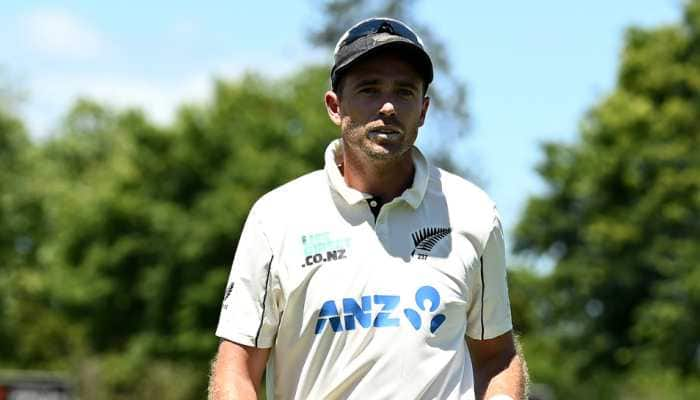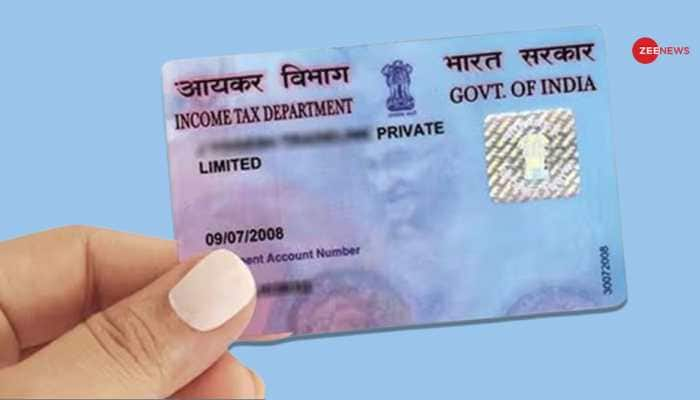Exclusive: Electric scooters catching fire in India, know the real deal
Electric Vehicles should always be tweaked and changed to match a particular Geography’s Topography, Temperatures, Roads, Culture, Lifestyle, and Consumer mindset.
- Recent fire incidents in electric scooters have raised safety concerns
- Some are blaming owners, some blaming the manufacturers
- Ola, Okinawa, Pure electric scooters caught fire within a few days
Trending Photos
) Image for representation
Image for representation Electric Vehicles are the futuristic alternative to mobility and a true solution to increasing fuel prices. With global acceptance and ICE (Internal Combustion Engines) comparable products worldwide, the only road for the EV industry has been anything but uphill. With the progression in time and rapidly changing industry dynamics, EVs have only evolved to be better equipped with significant details, sophisticated technology, superior hi-tech systems, and well connected to its user through innovative mechanics. These are clear in their designs, performance, quality, usage, and expediency.
Hence, EVs are not just batteries on wheels anymore. They are an advanced, complex, and a well thought of integrated amalgamation of advanced elements. Any manufacturer within the EV industry today understands that it requires strong technical ability, quality standards, grading, and the right design-meet-performance matrix to be able to supply the right product to the right segment, accustomed to meeting the requisites of any Geography. Products are always tweaked and changed to match a particular Geography’s Topography, Temperatures, Roads, Culture, Lifestyle, and Consumer mindset.
Also read: Why battery recycling is critical towards achieving India's Electric Vehicle goals?
Electric Vehicles have long been around in India too. Earlier, the country has seen some strong 4-wheeler, 3-wheeler, and 2-wheeler products in the market that have furthered the revolution and acceptance of the EV concept across all segments of the community. Following the lead and benchmarks set by other nations and evolved EV markets of the world, India has been at the epicenter of a new epoch in mobility. The entire ecosystem has begun to strive with staunch support from all spheres whether Governance, Manufacturing, Charging Infrastructure, or Consumer Adaptability.
Recent novel launches have not just brought convenience on the platter but also savings, sustainability, ease of use, and conservation. With this advancement, it is crucial to note and discuss how the momentum needs to be kept. The impetus to a striving industry only comes around with the use of newer technology, modified designs, and boosting the performance of an offering from time to time.
In a wave of recent events, the industry has been brought to discuss in detail certain components such as Batteries, Cells, and Battery Management Systems (BMS). There are several aspects to delve into and consider. An understanding of an EVs application, composition, harmonious balance of elements, battery structure, cell type, and adaptability also requires last-mile proper handling.
The onus lies across all legs in the delivery cycle with awareness being created and a proper channel through which information is issued. At the manufacturer’s level, three critical points exist; First is finding the right match between the type of cell vis-a-vis performance expected from the vehicle. Citing an example, if any manufacturer or start-up caters to one or more segments, then the whole design and performance of the vehicle must be synchronized along with the needs of that specific segment. In this scenario, the manufacturer needs to focus more on the designing of the battery pack, BMS, electrical connectivity, and cell management within the pack along with where and how the cells are being sourced from.
Also read: Ola S1 Pro electric scooter abruptly goes in reverse mode at 90 kmph
Second, the grading of these cells plays a crucial role in the overall functioning of the EV. These should be EV-grade cells and worked along with automotive-grade components. Any cell or part must be checked for quality when they arrive at the factory level. Third, consumer awareness of usage and product handling along with real-time data recording is needed.
Talking about what battery is the best? Both NMC and LFP battery types are robust. NMC is a great technology, with chemistry that has been proven over time. LFP on the other hand is a battery technology that has characteristics such as low toxicity, long cycle life, is cobalt-free, and has better thermal stability. The type of battery is not what makes the difference, it is the usage and the way it is being entrenched into the whole battery pack design along with connectivity. The focus should be more on the designing of the battery pack and how its performance can be made to go well with its BMS.
It's important to note that Thermal runaway has only come to the limelight now and is not restricted to any type of manufacturer. This is a vast region that covers all. There are EV-grade cells that exist across the world that match the dynamism of your vehicle and hence they should be chosen wisely. Quality checks need to be undertaken when receiving cells to ensure their grading to support the harmonious balance of these cells within the battery and their layout. The design of the battery pack should be such, that the pack can withstand temperatures.
The electronics that are associated with the BMS should be able to provide the right kind of input and connectivity at the right time. Connectors should be in place to ensure safety. All EV manufacturers- be any scale, should focus at least on having an EV grade cell and automotive graded electronic components.
Let’s also look at testing. Tests should be conducted on imported vehicles specifically in line with the Indian environment, Indian roads, Indian consumer needs, and situations that prevail here. In addition to this, Consumer awareness is a top priority in understanding the product they own and its handling. The right means of communication and information about the product are key factors in ensuring the right EV way.
The article is authored by Madhumita Agrawal, Co-founder & CEO, Oben Electric and Dinkar Agrawal, Co-founder & COO, Oben Electric. All views are personal.
Stay informed on all the latest news, real-time breaking news updates, and follow all the important headlines in india news and world News on Zee News.
Live Tv







)
)
)
)
)
)
)
)
)
)
